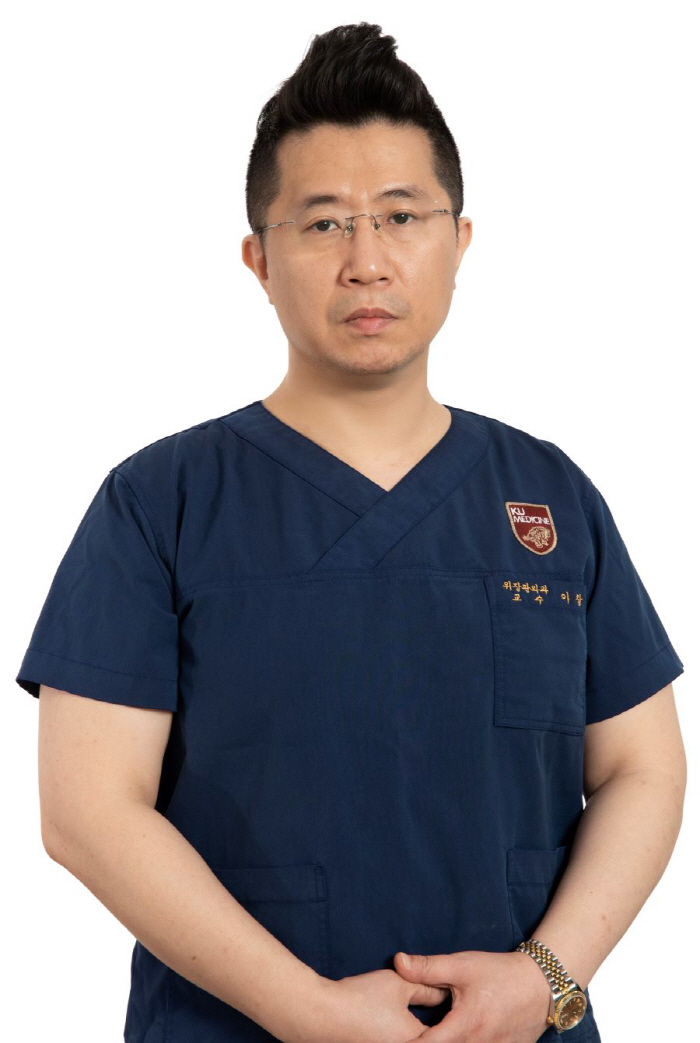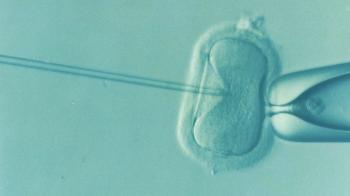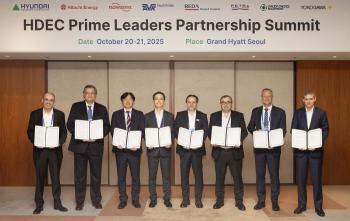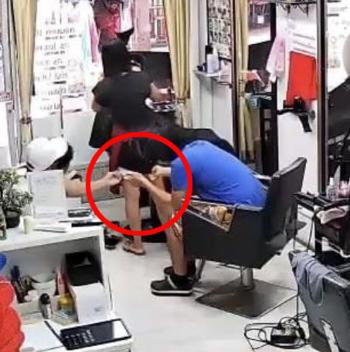Robotic stomach cancer surgery using joint energy cutting machines...Lymph node resection, less burden
May 18, 2025
The number of patients diagnosed with gastric cancer is steadily increasing due to an aging society and changes in eating habits.
However, the older patients, the greater the burden of surgery, so there are many cases of delaying the timing of surgery or giving up treatment itself. In particular, gastric cancer surgery, including lymph node resection, is of great concern to both patients and caregivers due to complex techniques and large recovery burdens.
Among them, the Trans-Umbilical Lymphadenectomy Using an Articulating Bipolar Vessel-Selling Device (TULAB) using a joint energy cutting machine is a great hope for patients with lymph node metastasis stomach cancer.
TULAB, designed by Professor Lee Chang-min of Korea University Ansan Hospital's gastrointestinal surgery (upper) for the first time in the world, is a robotic stomach cancer surgery technique that mounts a joint energy cutting machine in a robotic surgical device and performs only three incision windows on both sides and navel. This surgical method is attracting attention as a next-generation gastric cancer surgical method that enables high-level surgery with minimal incision, reducing the burden of surgery and speeding up recovery.
Gastric cancer is a cancer that metastasizes to lymph nodes very well, and the recurrence rate can be lowered and the survival rate can be increased only when the lymph nodes around the stomach are removed together. However, it was difficult to precisely resect lymph nodes in the abdominal cavity with flexion and various organs with conventional straight ultrasound cutting machines. Accordingly, Professor Lee newly devised TULAB and succeeded in minimizing damage to other tissues while maintaining the oncological effect of gastric cancer surgery.
The validity of TULAB can also be confirmed in a research paper published by Professor Lee in the international journal 『Cancers』.
Professor Lee compared and evaluated the safety and efficacy of 42 gastric cancer patients who underwent TULAB surgery and 131 patients who underwent conventional laparoscopic surgery at Korea University Ansan Hospital between May 2020 and August 2023. Results showed better results when receiving TULAB in some indicators, such as postoperative recovery rate and incidence of intestinal obstruction, and confirmed the same level in terms of safety and efficacy.
Professor Lee explained that "TULAB is not just a technique for reducing incision, but a high-precision treatment that contributes to reducing the probability of recurrence of cancer and increasing the survival rate by securing the precision and scope of lymph node resection.".
Meanwhile, in 2020, Professor Lee successfully performed gastric cancer surgery using only three robotic arms and presented the results in a paper for the first time in the world, suggesting new possibilities for gastric cancer robotic surgery. In 2022, he presented a case of TULAB surgery that applied a robotic surgical device 'Davinci Xi' equipped with an articulated energy cutting machine to stomach cancer surgery, and in 2024, he presented a study comparing the effectiveness of TULAB surgery and single-hole laparoscopic surgery using the latest robotic surgical device 'Davinci SP' and received another award from the Korean Society of Surgical Robot Surgery.
However, the older patients, the greater the burden of surgery, so there are many cases of delaying the timing of surgery or giving up treatment itself. In particular, gastric cancer surgery, including lymph node resection, is of great concern to both patients and caregivers due to complex techniques and large recovery burdens.
Among them, the Trans-Umbilical Lymphadenectomy Using an Articulating Bipolar Vessel-Selling Device (TULAB) using a joint energy cutting machine is a great hope for patients with lymph node metastasis stomach cancer.
TULAB, designed by Professor Lee Chang-min of Korea University Ansan Hospital's gastrointestinal surgery (upper) for the first time in the world, is a robotic stomach cancer surgery technique that mounts a joint energy cutting machine in a robotic surgical device and performs only three incision windows on both sides and navel. This surgical method is attracting attention as a next-generation gastric cancer surgical method that enables high-level surgery with minimal incision, reducing the burden of surgery and speeding up recovery.
Gastric cancer is a cancer that metastasizes to lymph nodes very well, and the recurrence rate can be lowered and the survival rate can be increased only when the lymph nodes around the stomach are removed together. However, it was difficult to precisely resect lymph nodes in the abdominal cavity with flexion and various organs with conventional straight ultrasound cutting machines. Accordingly, Professor Lee newly devised TULAB and succeeded in minimizing damage to other tissues while maintaining the oncological effect of gastric cancer surgery.
The validity of TULAB can also be confirmed in a research paper published by Professor Lee in the international journal 『Cancers』.
Professor Lee compared and evaluated the safety and efficacy of 42 gastric cancer patients who underwent TULAB surgery and 131 patients who underwent conventional laparoscopic surgery at Korea University Ansan Hospital between May 2020 and August 2023. Results showed better results when receiving TULAB in some indicators, such as postoperative recovery rate and incidence of intestinal obstruction, and confirmed the same level in terms of safety and efficacy.
Professor Lee explained that "TULAB is not just a technique for reducing incision, but a high-precision treatment that contributes to reducing the probability of recurrence of cancer and increasing the survival rate by securing the precision and scope of lymph node resection.".
Meanwhile, in 2020, Professor Lee successfully performed gastric cancer surgery using only three robotic arms and presented the results in a paper for the first time in the world, suggesting new possibilities for gastric cancer robotic surgery. In 2022, he presented a case of TULAB surgery that applied a robotic surgical device 'Davinci Xi' equipped with an articulated energy cutting machine to stomach cancer surgery, and in 2024, he presented a study comparing the effectiveness of TULAB surgery and single-hole laparoscopic surgery using the latest robotic surgical device 'Davinci SP' and received another award from the Korean Society of Surgical Robot Surgery.
|
This article was translated by Naver AI translator.














